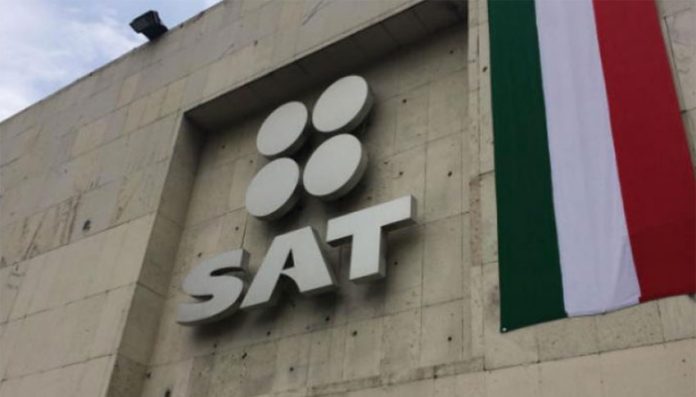President López Obrador has hit back at business groups for criticizing fiscal reform that punishes tax fraud with penalties comparable to those established for organized crime.
The Business Coordinating Council (CCE), the Mexican Employers Federation (Coparmex) and the Confederation of Chambers of Commerce, Services and Tourism (Concanaco) were among the groups critical of the law, which sets jail terms of up to nine years for tax fraud exceeding 7.8 million pesos (US $406,000).
The reform seeks to crack down on companies that sell fake invoices and receipts and those that purchase and use them to avoid paying tax. Authorities will be able to hold people accused of serious tax offenses in preventative custody as they await trial.
Business groups claim that the reform poses a risk to investment and could have a range of other unintended consequences.
“The CCE regrets that . . . the legislature didn’t take into account the diverse voices of society that, in a timely fashion, warned about the negative consequences that this reform will have on legal certainty and formal productive investment . . .” the business group said in a statement.
The CCE stressed that it fully “supports the fight against illegality and tax fraud,” adding that the purchase and use of “invoices with simulated [financial] operations is an illegal practice” that must be punished with “the full weight of the law.”
However, it warned that imprecise text of the reform “will generate a justified fear” among law-abiding companies.
“In order to invest, people and companies need certainty and clear rules that don’t leave room for abuse,” the CCE said.
It called on authorities to “implement the new legislation sensibly, without arbitrary interpretations and with the resolute aim of penalizing real fraudsters, not compliant taxpayers.”
Coparmex chief Gustavo de Hoyos said the employers’ federation is willing to support any legal action initiated by its members if they are unfairly affected by the reform, which has been approved by the Chamber of Deputies.
He said he supported the government in its attempt to crack down on companies that use false invoices to evade tax but claimed that the text of the reform contains “elements of uncertainty” that are a concern.
Concanaco chief José Manuel López Campos also said that the wording of the reform – which makes changes to the Federal Law Against Organized Crime and the National Security Law as well as the federal tax and criminal codes – was problematic. The law now goes to the president for promulgation.
At his morning press conference on Wednesday, López Obrador questioned the private sector’s opposition to the reform.
“How can a business organization be in disagreement? How can the forgery of invoices be supported? What they’re showing is that they were in agreement with these crimes. I’m not talking about all business people, I’m referring to the attitudes of the leaders,” he said.
The president claimed that the criticism of the reform is evidence that companies that use false receipts and invoices to evade tax have been protected in the past even though they cost the treasury billions of pesos.
“Where was the honesty and decency of conservatism?” López Obrador asked, referring to the governments that ruled Mexico during the past 36 years. “Weren’t they good people?”
Source: El Financiero (sp), El Economista (sp)
